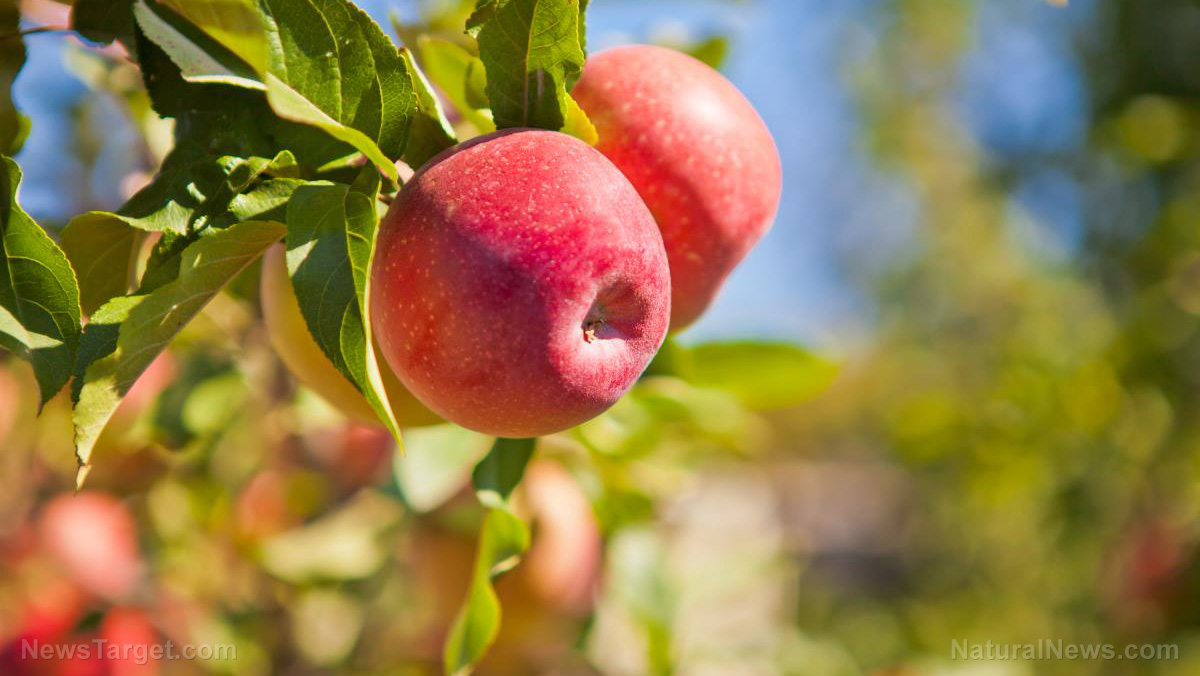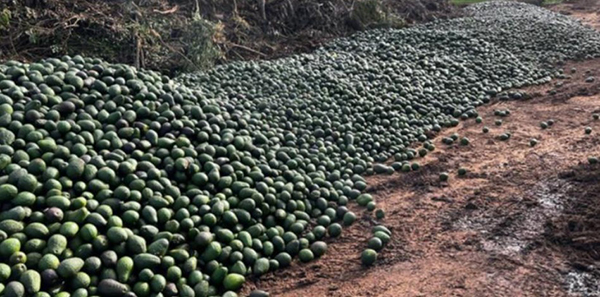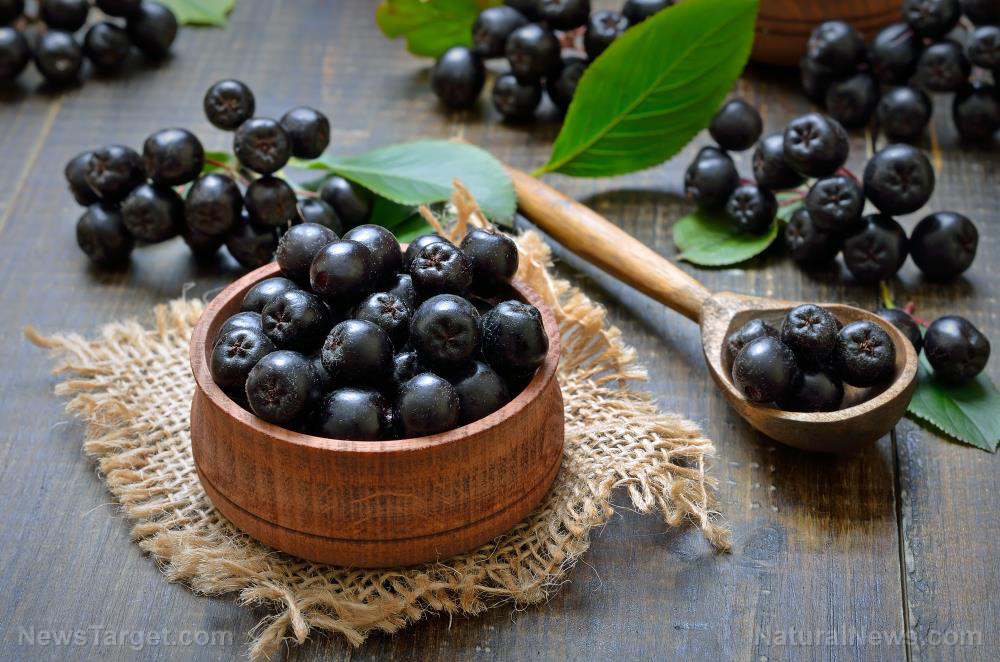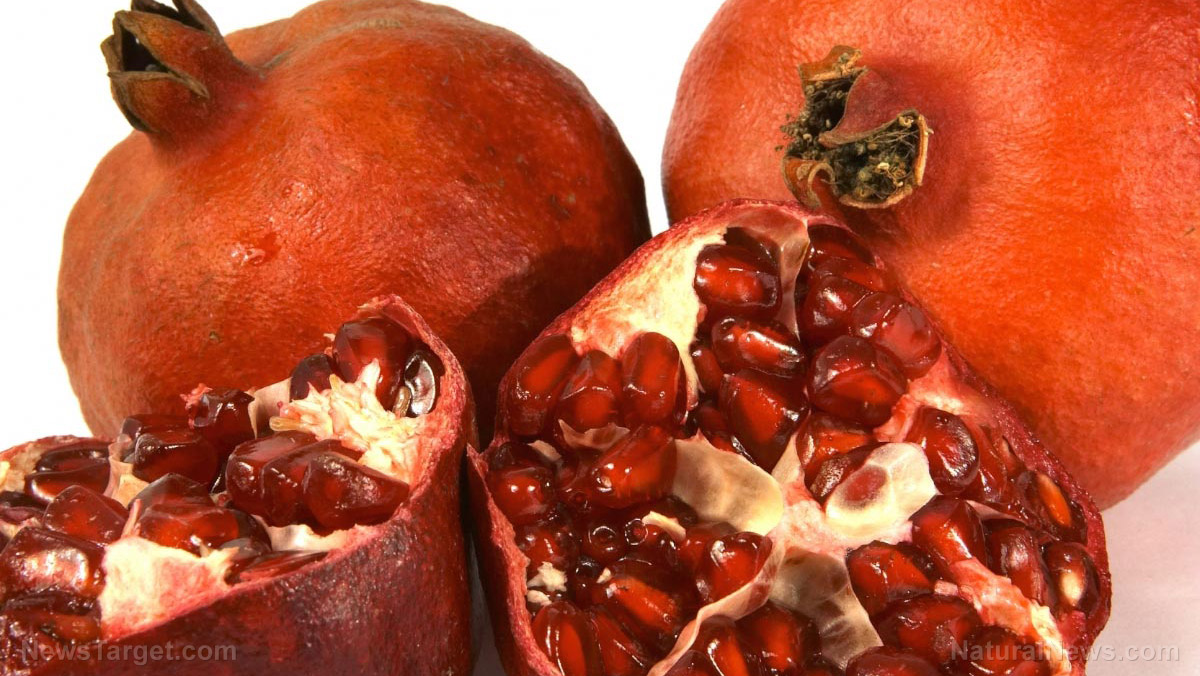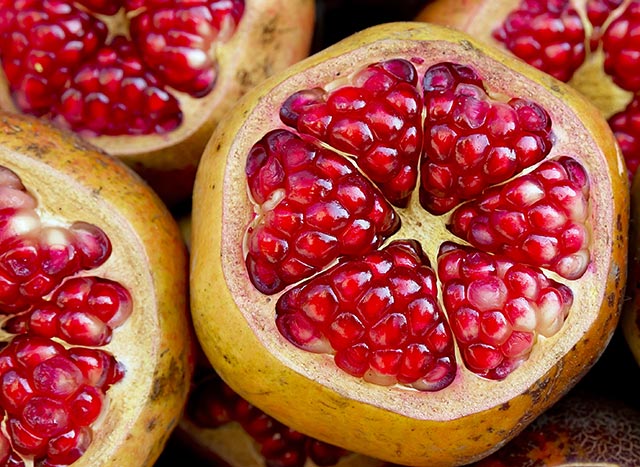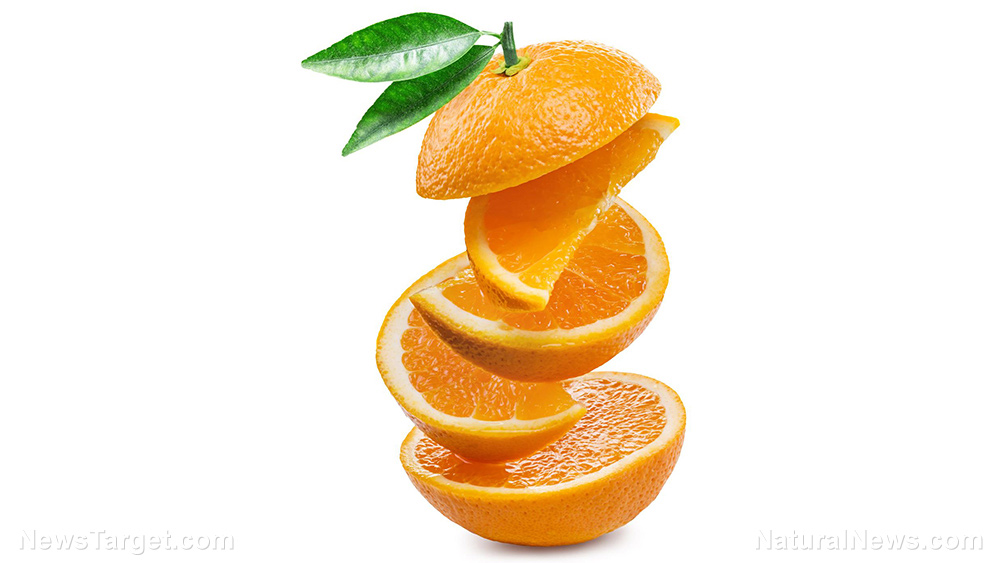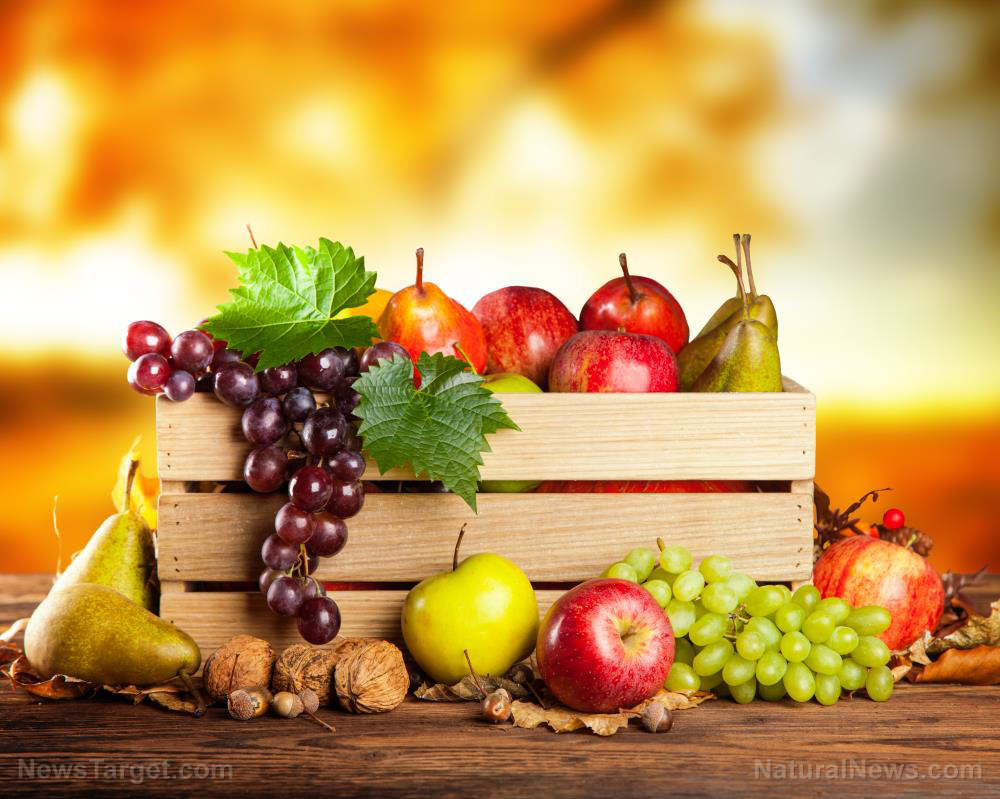Apples and strawberries contain a natural compound called fisetin that can make your skin look younger
03/11/2019 / By Edsel Cook
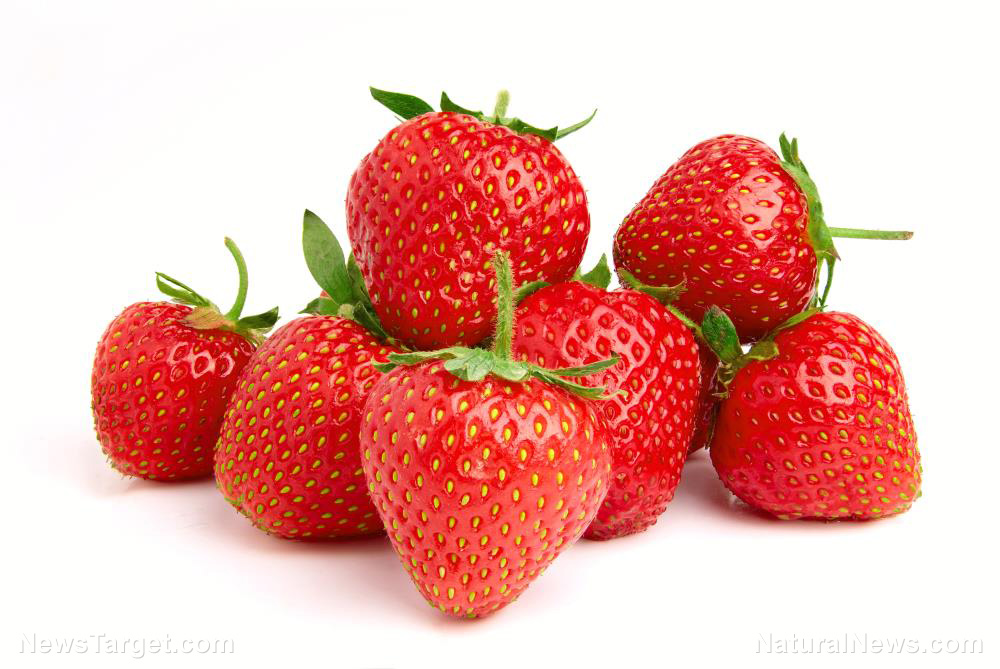
There is an easy and natural way to keep looking – and feeling – young, even as you age. Chow down on apples, strawberries, and other fruits that are loaded with the anti-aging molecule fisetin.
Fisetin is an antioxidant flavonoid that fights aging. It is a natural senolytic, a molecule that can seek out and destroy old or “senescent” cells. Old cells send out inflammatory signals so that they can be disposed of, and senolytics can help the aging immune system perform these duties and stop the inflammation.
In a pioneering 2011 study, researchers from the University of Minnesota (UMN) Medical School reported that eliminating old cells in mice prolonged the lifespan of the animal by a large margin. Furthermore, it will also improve their health.
Other research indicated that senolytics can be taken up at any time without any decrease in their anti-aging effect. So it is never too late to eat healthy foods containing these molecules. (Related: Dried apples regulate blood sugar levels.)
Fisetin can help support good health, longer lifespans, and sharper memory
Another UMN Medical School animal study evaluated different senolytics for their effectiveness at halting the aging process. It tested 10 different plant compounds, including curcumin, fisetin, and quercetin.
The results of the new 2018 study showed that fisetin was the most effective senolytic. It decreased the signals that caused inflammation. Furthermore, it spurred the production of glutathione, an antioxidant produced by the body to fight diseases. Last but not least, fisetin helped decrease the number of senescent fat cells. The end result was to improve the health and extend the lifespans of the lab animals.
Fisetin can also work against neurodegenerative diseases that are linked to the aging process. A 2017 experiment tested its effects on prematurely aged mice that suffered from cognitive problems and inflammation.
These mice received fisetin for seven months before they underwent activity and memory testing. At the end of the testing period, they demonstrated fewer signs of inflammation and stress. The treated animals also demonstrated sharper memories and better activity during tests.
The inflammation-fighting ability of fisetin could make it a good way to regulate chronic inflammation caused by stubborn pathogens or an excessively sensitive immune system. It could, therefore, mitigate the effects of diseases associated with inflammation.
Furthermore, consuming fisetin produced no drawbacks. Unlike pharmaceutical drugs that are plagued with serious side effects, completely natural fisetin could reduce inflammation and perform its other beneficial effects without harming the patient.
Get all the fisetin you need by eating apples and strawberries
Apples and strawberries are the best sources of fisetin. They also packed a lot of other antioxidant flavonoids and dietary fiber that improved digestion, potassium, and vitamin C.
Strawberries also contained the flavonoid quercetin, another senolytic that provided similar anti-aging benefits. Eating these berries increased good HDL cholesterol. Some studies even indicated that strawberries could help prevent the onset of certain cancers.
Apples featured their own special flavonoid in epicatechin, which is capable of reducing blood pressure. This fruit reduced the concentrations of LDL cholesterol and triglycerides in the body. It also supported the pancreas when it came to producing insulin. And the fiber in the apple will feed the good bacteria in your gut.
Be it apple or strawberry, always get fresh and organically-grown products. If you choose apples as your source of fisetin, make sure to eat the skin.
If you cannot get your hands on either fruit, there are other natural sources of fisetin. Eating cucumbers, grapes, kiwis, mangoes, onions, and tomatoes can provide you with the fisetin you need. They also have their own bevy of health benefits.
Sources include:
Submit a correction >>
Tagged Under:
anti-aging, apples, Cosmetics, fisetin, food science, fruits, healthy food, natural anti-inflammatory, nutrients, prevention, research, senolytics, skin anti-aging, skin care, skin health, Strawberries
This article may contain statements that reflect the opinion of the author
RECENT NEWS & ARTICLES
COPYRIGHT © 2017 FRUITS NEWS

